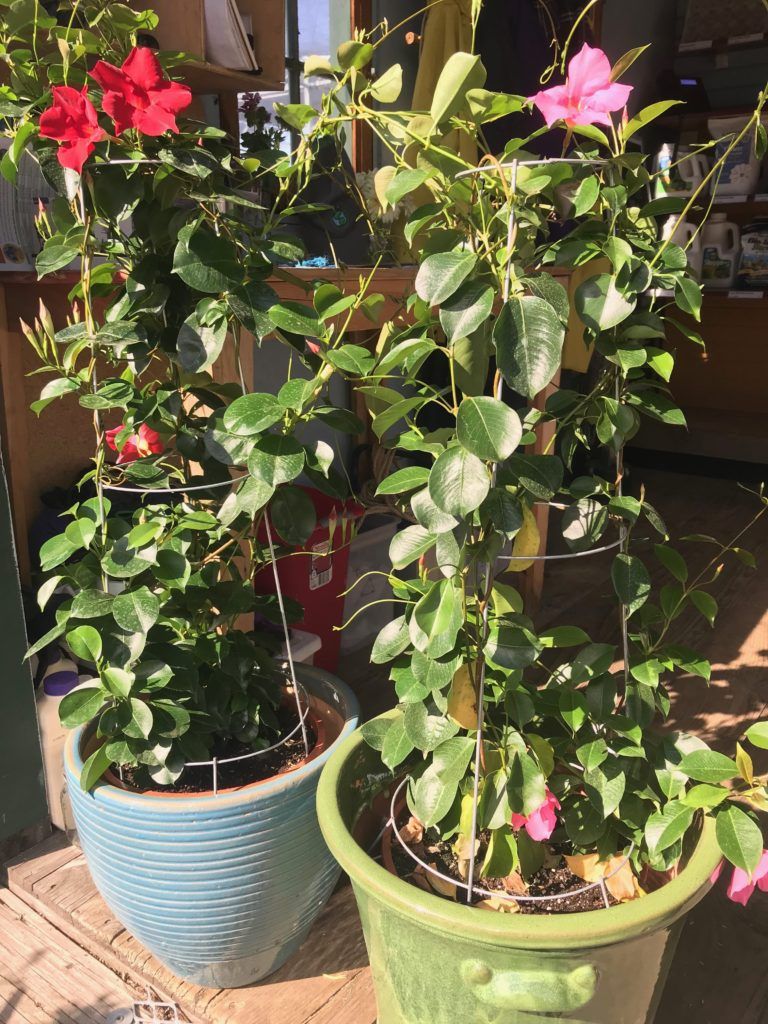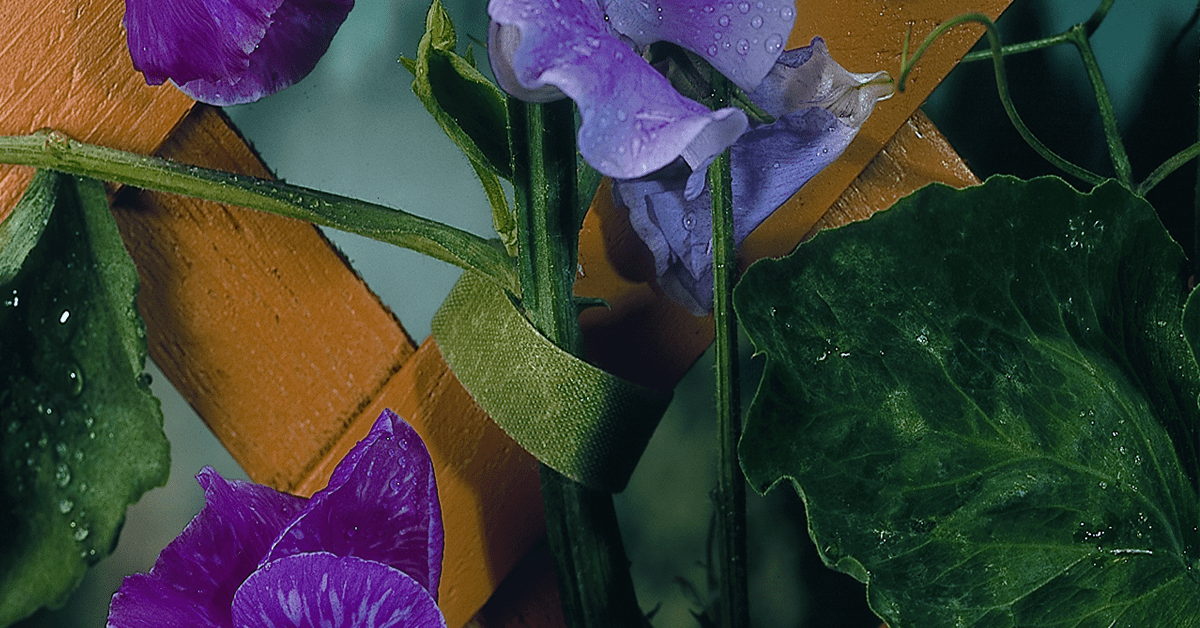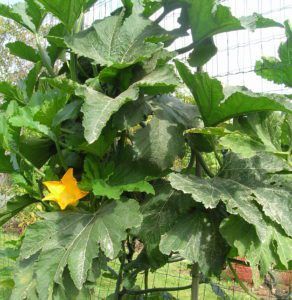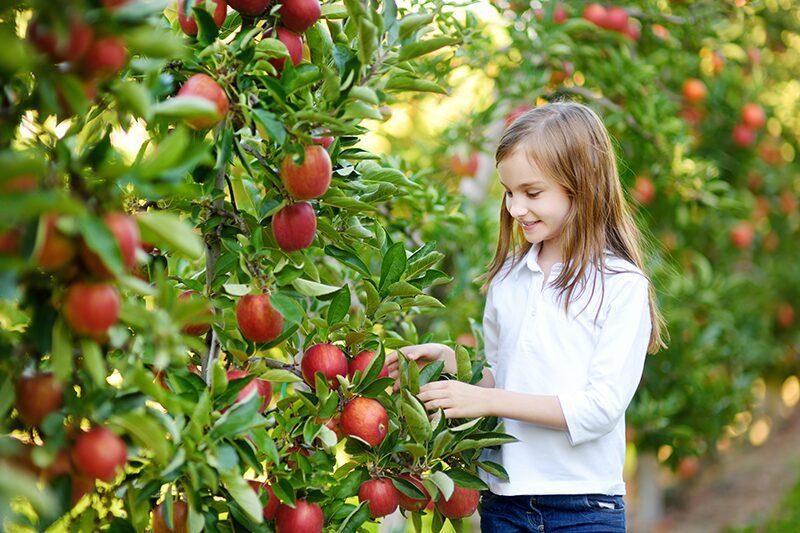A simple solution for small space and container gardeners looking to maximize their growing space is to grow climbers. Name any type of plant and there’s a climber you can grow. Shrubs, such as roses; woody vines, such as wisteria; perennial flowers, such as clematis and mandevilla; and annual flowers, such as nasturiums and morning glories, are all good climbers.
Even vegetables, such as squash or beans; fruits, such as grapes; and houseplants, such as ivy and pothos, can climb, too. Growing up never was so easy!
Tips for growing climbing plants
Location
The first step is to match the right plant with the right place. How much sun your garden/balcony gets will determine which climber you should grow. Most flowering and fruiting climbers need full sun. While houseplants and some woody vines, such as climbing hydrangea, do fine with just bright, indirect light.
Large vines, such as wisteria and roses, will need a bed to grow their best. While most other climbers will be fine in a medium-sized container filled with moistened potting soil, compost and some fertilizer. Keep plants well watered and regularly fed.

Supporting climbing plants
Climbers with thick vines need sturdy supports. Trumpet vines, wisteria and trumpet honeysuckle need a strong wooden, metal or heavy duty plastic support.
Large vegetables, such as squash and beans, also need strong supports such as metal fencing.
Annual vines, smaller perennial vines and vining houseplants are fine with a lighter weight trellis, pole or fence.

Some climbers, such as beans, clematis and morning glories, will wrap or attach themselves to a trellis, fence or poles.
Others vines, such as nasturtiums, ivy, pothos, roses and wisteria need some help. And all vines appreciate assistance when young and just getting started climbing.
Use VELCRO® Brand Garden Ties to hold the vines in place while they grow up.

Fall Care
For annual vines outdoors, simply let frost kill them back. For perennial vines and shrubs in the ground, as long as the vines are hardy for your area, you shouldn’t have to worry. For perennial vines and woody vines in containers, move the pots into a cool, dark location to survive the winter.




